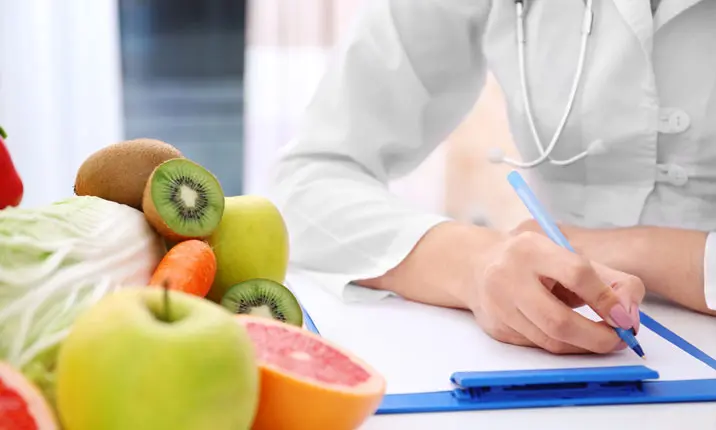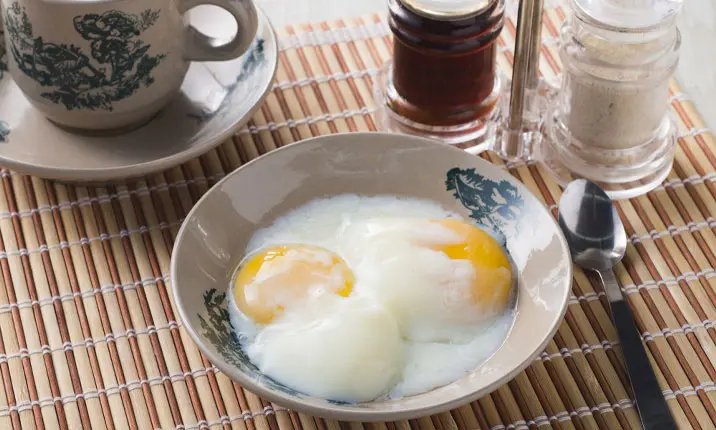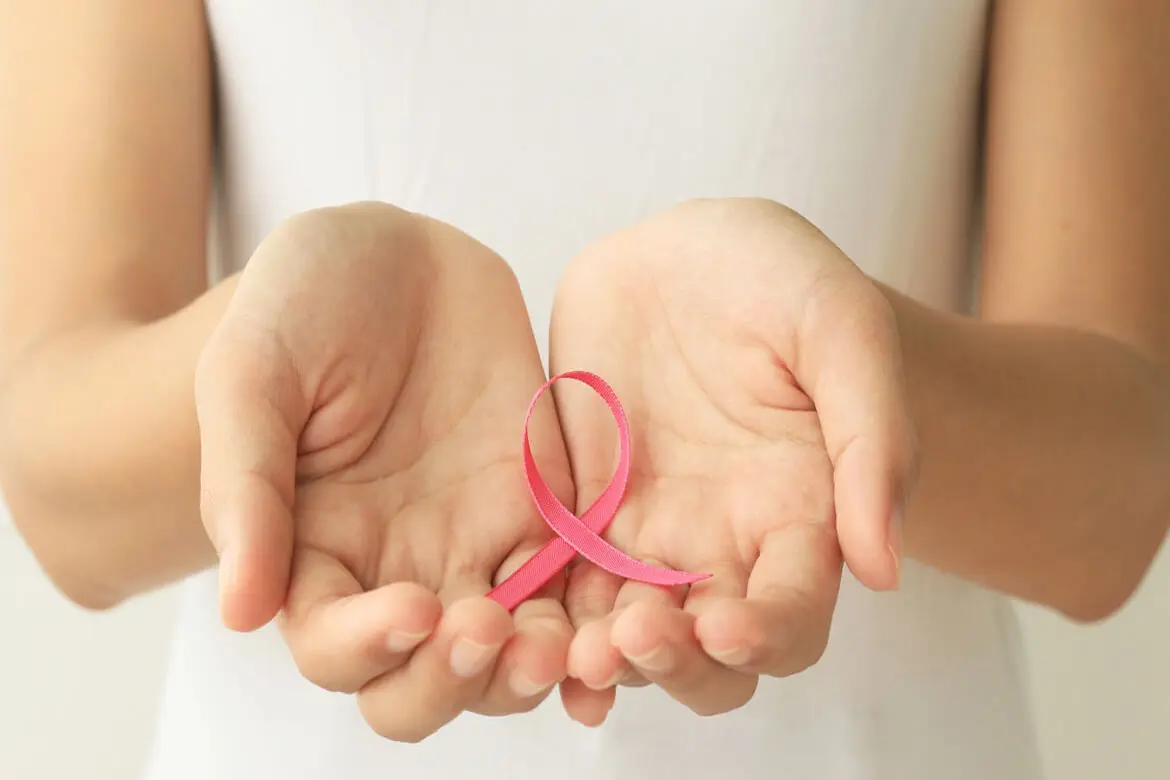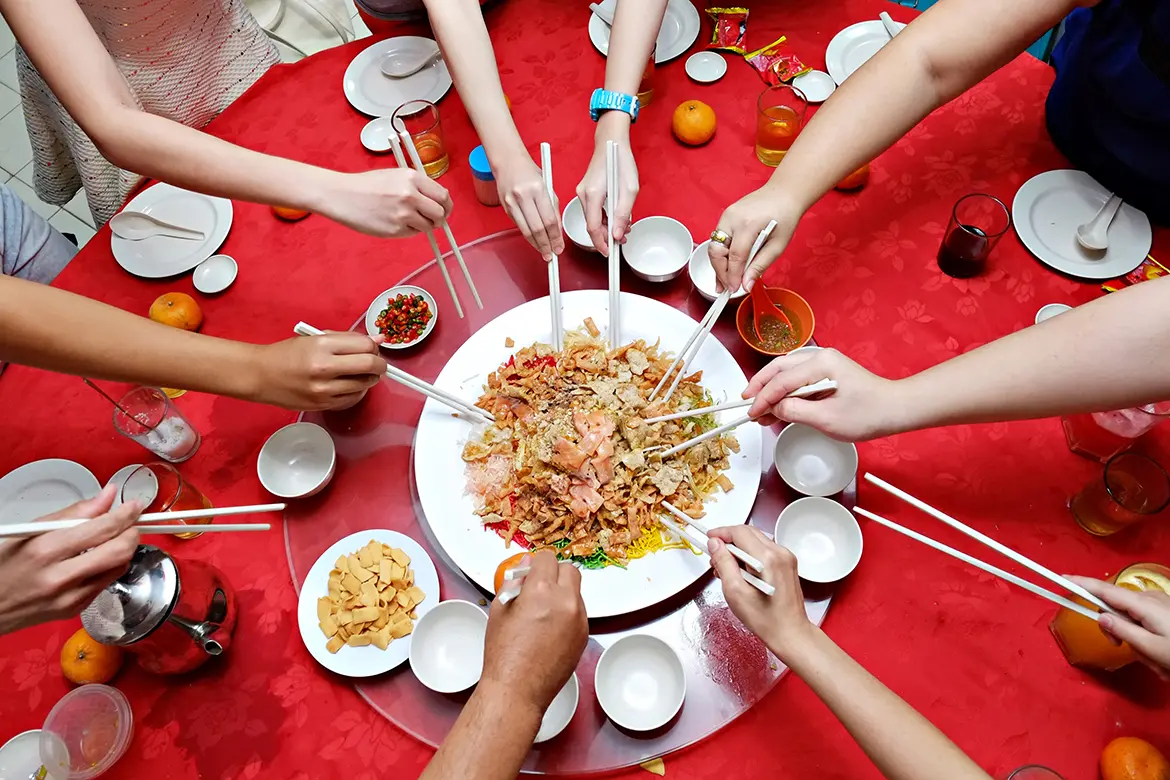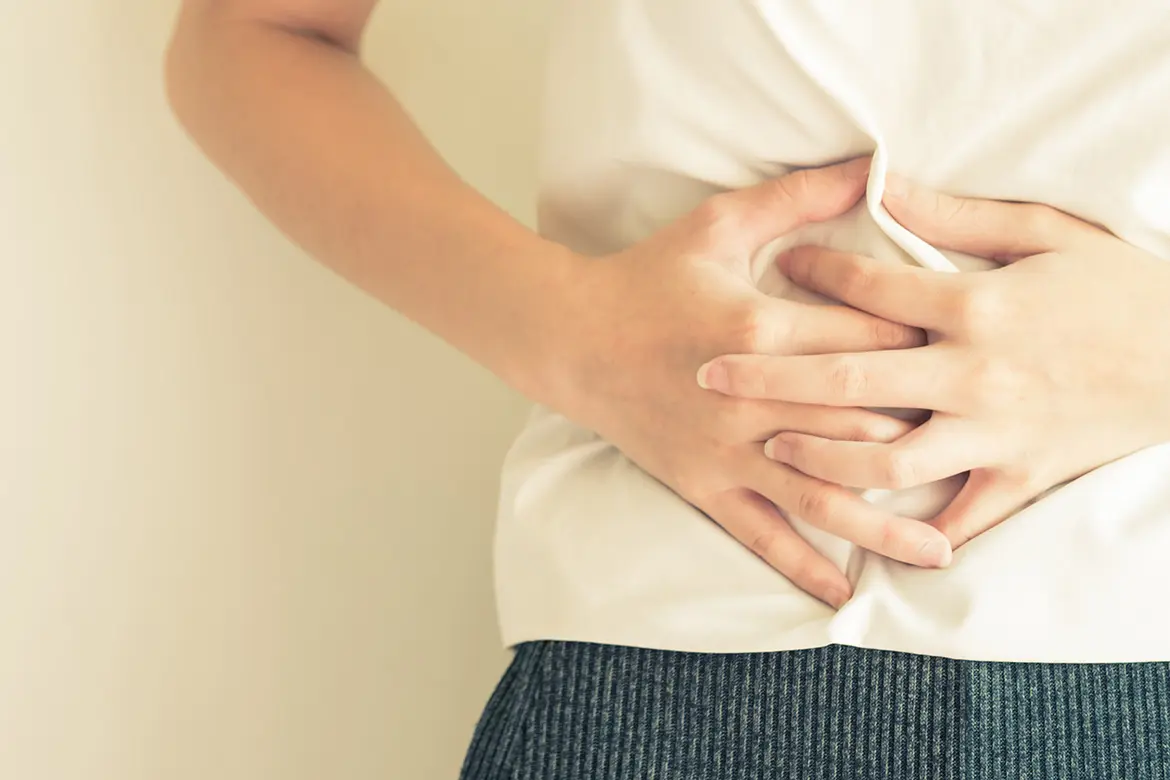-
-
Featured Care Areas


Source: Shutterstock
Life After a Kidney Transplant – Dietary Advice to Know
Last updated: Thursday, February 25, 2021 | 5 min reading time
After a kidney transplant, you will need to adjust your diet to keep your kidney functioning healthily. Your dietitian can help you create a diet plan that meets your needs.
Getting a kidney transplant can feel like a second chance at life. While there are many good things that come with getting a transplant, it takes time for your body to heal and adjust.
After your kidney transplant, you may be able to eat foods that were restricted before the transplant. However, to help protect your new kidney, the goal should be on healthy eating and food safety.
Post-kidney transplant diet
Good nutrition is essential for a successful recovery after a kidney transplant. Just like any other surgery, your body will need adequate calories and protein for the wound to heal properly. Also, the possible side effects of post-transplant medications may impact nutrient utilisation and absorption.
To deal with the change in your nutritional requirements, you may have to make certain changes to your diet. After the transplant, your transplant team will refer you to a registered dietitian, who will work with you to develop a nutrition plan based on your weight, blood work results, kidney function, and prescribed medication.
Here are some key dietary changes which you may have to consider.
Proteins: Your protein intake may need to be higher than normal in the initial months after a kidney transplant. Protein will help your body heal faster after the surgery. It will also help rebuild the damaged muscle tissue broken down by high doses of steroids. Steroids are a type of immunosuppressive medicines which prevent and treat organ rejection following an organ transplant.
Sodium: Transplant medicines, such as steroids, can cause your body to hold on to sodium and water, which may raise your blood pressure. Hence, you may need to cut down on sodium in your diet. It is best to limit salt when cooking and choose fresh items over processed or canned options.
Potassium: Transplant medicines can also mess with your blood potassium levels. Your potassium level may dramatically increase or decrease, which can cause serious issues with your muscle and heart function. Check with your doctor if you need to restrict your potassium intake. To control your blood potassium level, make sure to follow the diet plan that your dietitian recommends.
Calcium: Transplant medication may make it hard for your body to absorb calcium, resulting in calcium loss. Overtime, your bones may become fragile and at risk of fracture. Take calcium with Vitamin D to improve calcium absorption.
Phosphorus: After transplant, you should take foods high in phosphorus, such as milk or dairy products, nuts and seeds. This helps replenish low phosphorus levels that some patients may experience.
Sugars: In some cases, post-transplant medications can decrease the body's ability to efficiently use its blood sugar. Too much sugar can cause weight gain and increase your triglyceride and blood sugar levels.
Fluids: You are encouraged to drink plenty of fluids to help your new kidney work properly, unless your doctor has instructed otherwise. If you have been prescribed with a fluid restriction diet by your doctor, you should also reduce your salt or sodium intake.
Foods to avoid after a kidney transplant
Use of transplant drugs can affect your immune system and increase your chances of picking up food-borne infections.
To be on the safe side, avoid foods that are more likely to contain bacteria that can cause an infection. This includes raw or undercooked eggs, meat, poultry and fish, and dairy products such as unpasteurised milk, cheese or yoghurt and unwashed raw fruits/raw vegetables.
Also, be vigilant in avoiding foods that may be spoiled, mouldy, or expired. Raw meats should always be separated from the other foods during storage and preparation.
You should limit eating out if you recently had a kidney transplant. Take-out and restaurant meals are easy and convenient, but it's difficult to ensure good food hygiene in such meals. Also, there may be high-risk foods such as raw eggs in the recipes which you may not be aware of. Avoid salad bars and buffets as the food may have been contaminated by other diners and you cannot know for sure how long the food has been exposed.
Food hygiene is also essential. Always start with clean hands and kitchen surfaces. Wash your hands before preparing food. Cutting boards, knives and other utensils should be washed thoroughly in hot soapy water before and after use. Be sure to wash all fruits and vegetables thoroughly before eating. Always cook foods to their proper temperature. Refrigerate food promptly to slow the growth of harmful bacteria.
Food and drug interactions
There are a number of medications and food that may interact with your transplant medications and increase your risk of side effects or reduce the effectiveness of your transplant medications. These interactions can activate your immune system and also affect the ability of the medicines to enter or exit the blood.
To reduce the risk of interactions, never take any medicines, especially herbal supplements or tonics, without first discussing it with your transplant doctor.
Avoid grapefruit, pomegranate, and other citrus fruit including pomelo, and Seville oranges as they may contain compounds that could interfere with the way your body processes some of the anti-rejection medications, calcium channel blockers and/or statins.
Setting healthy lifestyle goals
To keep yourself healthy and to make sure your new kidney works well, it is important to maintain your overall health. Eating a well-balanced diet and engaging in regular exercising is essential in maintaining physical health and well-being. Diet and exercise can also help you maintain a healthy weight.
A healthy diet: Follow a balanced diet that includes fruits, vegetables, whole grains, and proteins. Good proteins sources include lean meats, fish, eggs, chicken, nuts, and beans. A healthy diet should also be low in salt, sugar and fat, especially saturated fats.
Exercise: After you have recovered from your surgery, you may be able to start a new exercise routine. Exercise can help improve your heart and lung health, prevent weight gain and even improve your mood. Exercises need to be planned carefully and correctly to avoid complications. Talk to your doctor about the exercises that are right for you, how often you should exercise and for how long.
Control weight gain: You will likely gain weight after your kidney transplant. Weight gain after kidney transplant can be due to medication side-effects or being on a less strict diet. Gaining too much weight can increase the risk of heart disease and diabetes. To control your weight, you will need to control your calorie intake and keep a healthy eating pattern. Regular exercise and being active are also important.
Consult a dietitian for an individualised diet plan
What you eat is important in maintaining a healthy lifestyle following a kidney transplant. If you have questions or need more information, consult a dietitian to get an individualised diet plan specific to your health condition.
Prioritise Your Health with Parkway Plus
Staying well starts with access to the right care. Whether it’s dietetic consultations, fitness training, or healthy meal plans, preventive care helps you stay ahead of potential health issues.
Enjoy member rates on a wide range of medical services and wellness offerings at Parkway Shenton, Parkway MediCentre, our sister hospitals within the IHH Healthcare Singapore network, and partner brands.
Simply download the MyHealth360 app and flash your Parkway Plus card at participating clinics and partners.
A guide to diet after kidney transplantation – patient information. NHS. Retrieved on 20 Jan 2021 from https://www.uhb.nhs.uk/Downloads/pdf/PiAGuideToDietAfterKidneyTransplantation.pdf
Chan LN. Drug-nutrient interactions in transplant recipients. Retrieved on 20 Jan 2021 from https://pubmed.ncbi.nlm.nih.gov/11334062/
Rodríguez-Fragoso L, et.al. Potential risks resulting from fruit/vegetable-drug interactions: effects on drug-metabolizing enzymes and drug transporters. Retrieved on 20 Jan 2021 from https://pubmed.ncbi.nlm.nih.gov/22417366/
Diet After Kidney Transplant - Cleveland Clinic. Retrieved on 20 Jan 2021 from https://my.clevelandclinic.org/health/articles/4431-nutrition-after-kidney-transplant
Nutrition and Preventing Infection - Johns Hopkins Medicine. Retrieved on 20 Jan 2021 from https://www.hopkinsmedicine.org/transplant/programs/lung/_docs/3_Lung_Guide_nutrition_and_preventing_infection.pdf
Chan LN. Drug-nutrient interactions in transplant recipients. Retrieved on 20 Jan 2021 from https://pubmed.ncbi.nlm.nih.gov/11334062/
Rodríguez-Fragoso L, et.al. Potential risks resulting from fruit/vegetable-drug interactions: effects on drug-metabolizing enzymes and drug transporters. Retrieved on 20 Jan 2021 from https://pubmed.ncbi.nlm.nih.gov/22417366/
Diet After Kidney Transplant - Cleveland Clinic. Retrieved on 20 Jan 2021 from https://my.clevelandclinic.org/health/articles/4431-nutrition-after-kidney-transplant
Nutrition and Preventing Infection - Johns Hopkins Medicine. Retrieved on 20 Jan 2021 from https://www.hopkinsmedicine.org/transplant/programs/lung/_docs/3_Lung_Guide_nutrition_and_preventing_infection.pdf
